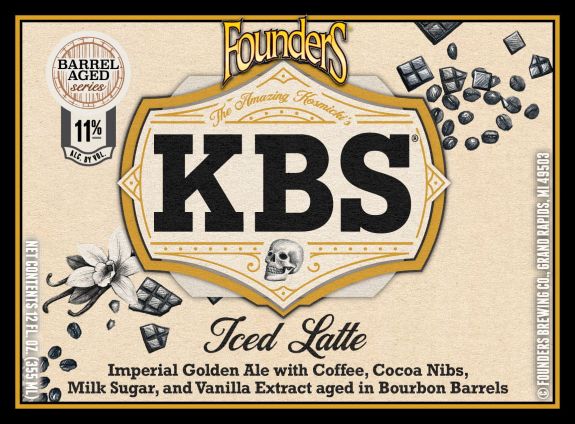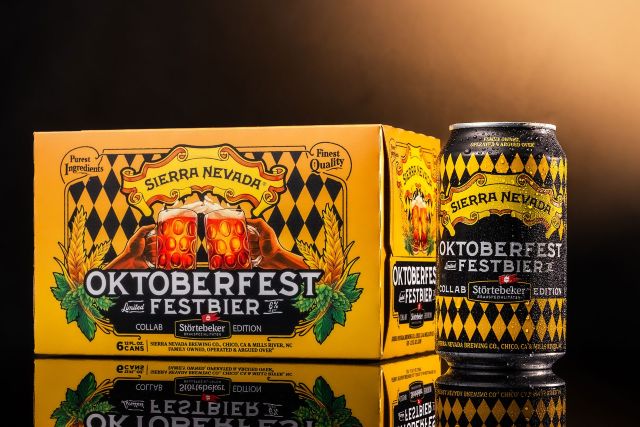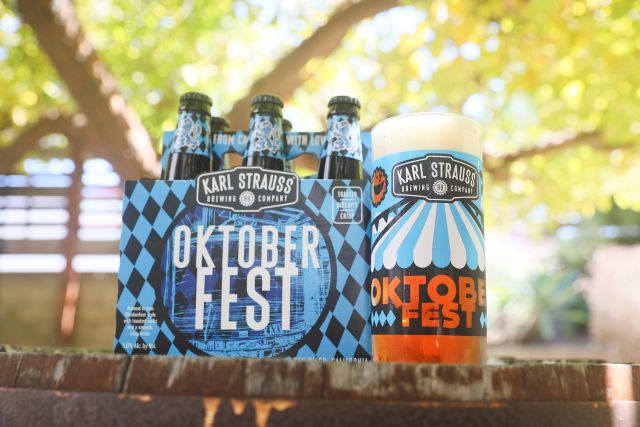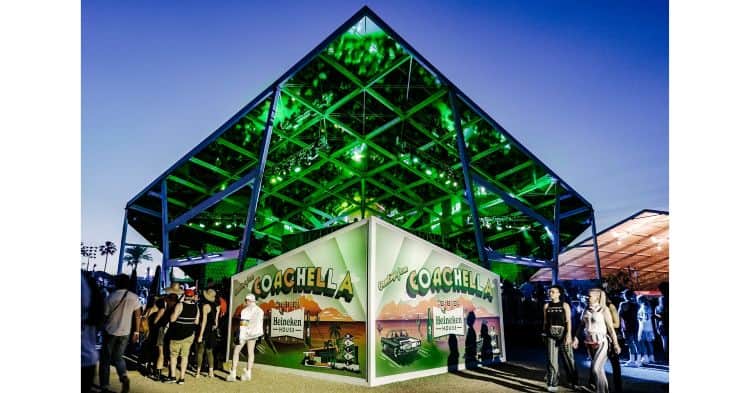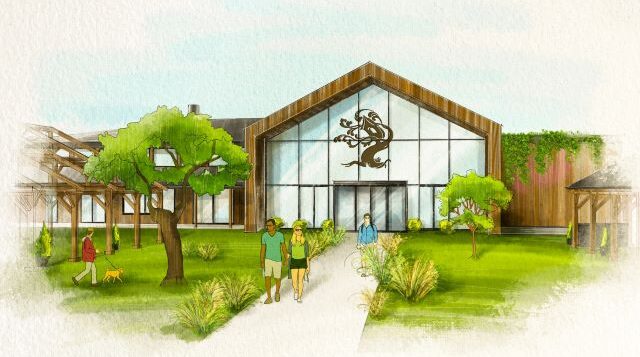Heineken’s Use Of ‘Beer Girls’ Disrupts Global Fund Partnership
Heineken’s Use Of ‘Beer Girls’ Disrupts Global Fund Partnership
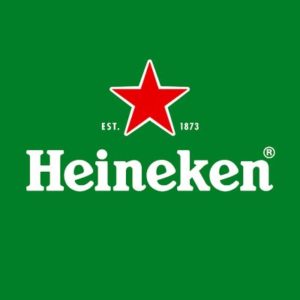 The Global Fund has pulled out of a controversial partnership with Heineken, but not for the reason most cited by critics.
The Global Fund has pulled out of a controversial partnership with Heineken, but not for the reason most cited by critics.
Public health advocates had already been blasting the Global Fund for partnering with Heineken in their efforts to “fight infectious diseases in Africa,” arguing that it was aligning itself with a product that comes with health concerns.
But now NPR is reporting that the fund is suspending the deal not out of considerations for the people who drink too much Heineken, but out of concern for women who promote their beer.
Here’s the deal…
Peter Sands, the new executive director of the Global Fund, a financing institution that raises nearly $4 billion a year to support programs run by local experts in countries most in need, had recently forged a partnership with global beer giant, Heineken.
The idea was “for Heineken to use its extensive logistics and communications expertise to help the Fund deliver medical supplies.”
But that idea ran aground over growing concerns over the company’s use of ‘beer girls’ in Cambodia.
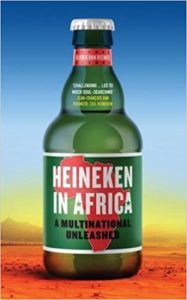 Also known as “promotion girls,” beer girls are (primarily young) women who encourage male customers to order a particular brand of beer. Not surprisingly these women earn relatively low wages and often survive off tips
Also known as “promotion girls,” beer girls are (primarily young) women who encourage male customers to order a particular brand of beer. Not surprisingly these women earn relatively low wages and often survive off tips
As part of their job they also mingle late into the night with intoxicated men and not surprisingly they are commonly subjected to sexual harassment and abuse.
Writing in the Dutch publication NRC, Olivier van Beemen, the author of an upcoming book Heineken in Africa: A Multinational Unleashed details that exploitation of beer girls is also rampant in West Africa.
He reports (again not surprisingly) that some of the beer girls moonlight as sex workers and others are pressured to sleep with beer company representatives…
In a clipped statement the Global Fund says it’s putting its partnership with Heineken on ice until Heineken takes “appropriate action” to address the sexual exploitation of women paid to promote its beer.
Heineken in Africa book image credit: Olivier van Beemen / Hurst Publishers

